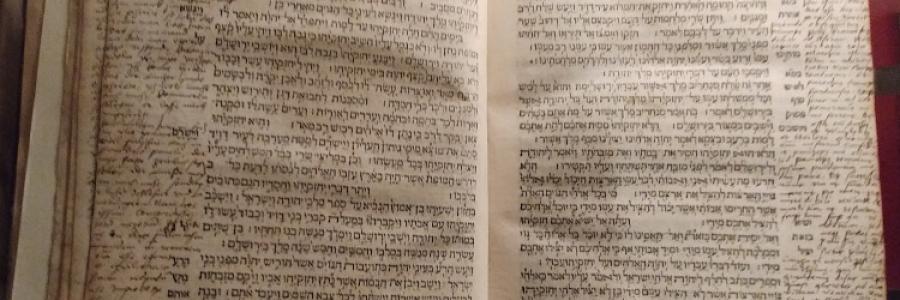‘Written for Our Learning’
I wish I could say that I that I was one of those smart kids who always loved history. Yet, in one sense, I guess that I did—although perhaps without realizing it.
I was always enthralled with old black-and-white television shows that whisked me to an earlier time that seemed both simpler and, yet, exhilarating. I found many aspects of the past fascinating. I was particularly mesmerized by the Middle Ages—especially as they set the stage for the dawn of the Reformation.



Discussion